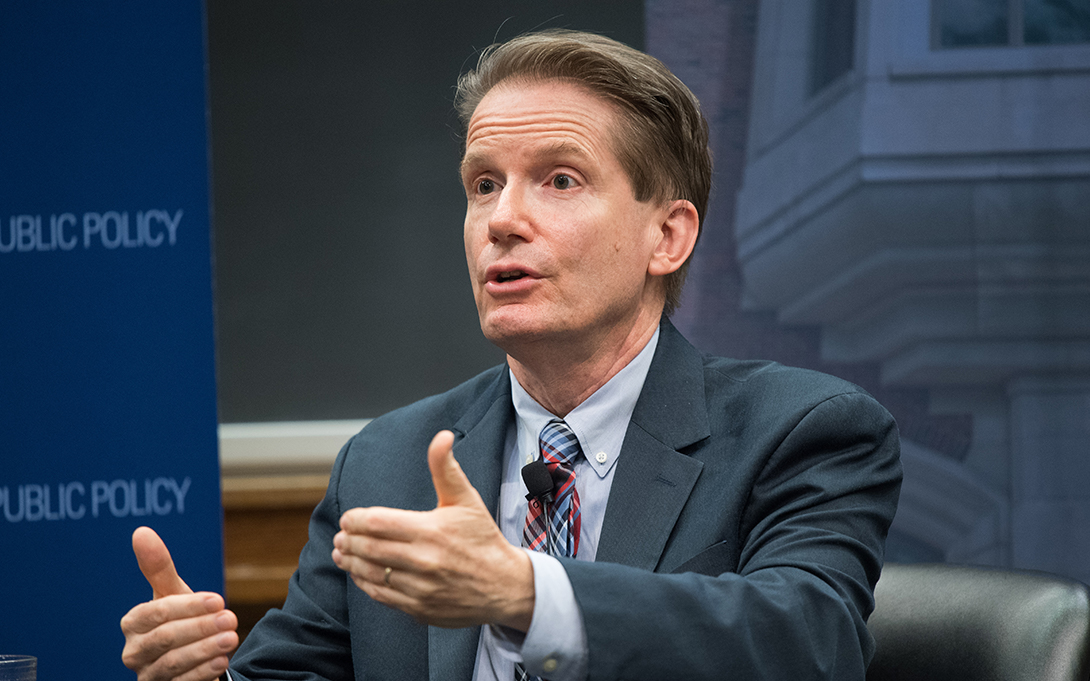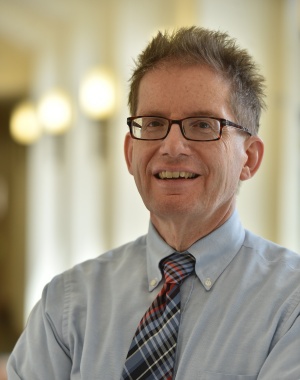
Ford School professor Barry Rabe has saluted the U.S. government’s “pivot from global climate laggard to leader” with the passage, by a 69-to-27 Senate supermajority to formally enter the binding global regime to achieve rapid phase-down of hydrofluorocarbons (HFCs). The chemicals are highly-intensive climate pollutants used widely in air conditioning and refrigeration systems as well as many aerosols and foams.
Rabe writes for Brookings that, “These recent steps reflect a stunning climate policy transition. Despite their substantial role in global warming, HFCs, methane, and other contaminants with near-term climate intensity have often been overshadowed in policy deliberations given the abiding climate policy focus on long-lived carbon dioxide. Following Senate action on Kigali, domestic and global efforts to address one major short-lived climate pollutant are on exceptionally solid political and policy footing, representing a model for other climate contaminants.”
Rabe told The Hill that ratification goes beyond environmental policy. He said it’s important to maintain credibility for trading partners going forward.
“There is a question of how the world would feel — trade partners would feel — about dealing with the U.S. for its alternatives if it could get them from another country that was producing HFC alternatives,” Rabe said.
When President Biden pledged to promote more incentives for electric car buyers at the Detroit Auto Show, Rabe noted in The New York Times, “The wild card is: Is there enough money in those credits and incentives to drive corporate decisions about what and where to produce the cars, in ways that are just very hard to know right now, but are being watched very closely by all of our trading partners.”
- Pivoting from global climate laggard to leader: Kigali and American HFC policy, Brookings, September 23, 2022
- Senate approves climate treaty limiting potent greenhouse gasses, The Hill, September 21, 2022
- At Detroit Auto Show, Biden Announces Money for Charging Stations, The New York Times, September 14, 2022
